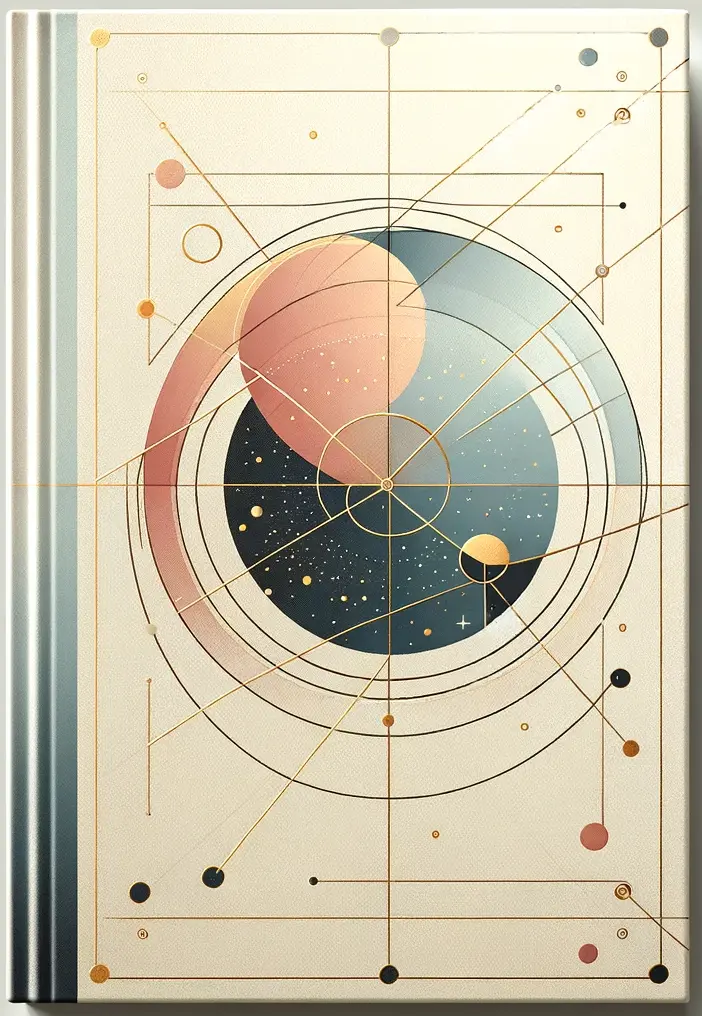Discover books similar to "Roadside Picnic / Tale of the Troika"

Arkady Strugatsky
Roadside Picnic / Tale of the Troika
4.23
"Roadside Picnic / Tale of the Troika" by Arkady Strugatsky is a seminal work of Soviet science fiction that explores themes of humanity, technology, and the consequences of our actions. Originally published in 1972, the novel is a masterful blend of two separate stories that share a common setting and themes. "Roadside Picnic" is a haunting and thought-provoking tale of the aftermath of an alien visitation. The story is set in the Zone, a quarantined area that was once the site of an alien landing. The Zone is filled with strange and dangerous phenomena, and is heavily guarded by the military. Red Schuhart, a stalker who illegally enters the Zone to scavenge for artifacts, becomes increasingly entangled in the mysteries of the Zone, and must confront the consequences of his actions. "Tale of the Troika" is a more traditional science fiction story, following the adventures of a group of cosmonauts who are stranded on a distant planet. The Troika, as they come to be known, must learn to survive in a hostile environment, and confront the challenges of isolation, resource scarcity, and the unknown. Both stories are united by the Strugatsky brothers' incisive commentary on the human condition, and their exploration of the relationship between technology and humanity. The characters in the novel are complex and flawed, and their struggles with the moral and ethical implications of their actions are both timely and thought-provoking. "Roadside Picnic / Tale of the Troika" is a must-read for fans of science fiction, and for anyone interested in exploring the complexities of the human condition. The novel's vivid world-building, compelling characters, and insightful commentary make it a timeless classic that continues to resonate with readers today.
List of books similar to "Roadside Picnic / Tale of the Troika":

Ursula K. Le Guin
The Left Hand of Darkness
In this groundbreaking sci-fi novel, Le Guin explores a world where humans can choose and change their gender. The story revolves around an envoy from Earth trying to establish diplomatic relations with this alien society. Like 'Roadside Picnic', this book also delves into the impact of human exploration on alien worlds.
Learn More
Stanisław Lem
Solaris
A classic of science fiction, 'Solaris' explores the theme of contact with an alien intelligence. A psychologist is sent to a space station orbiting the planet Solaris, only to find that the ocean covering the planet is a sentient being. This book, like 'Roadside Picnic', deals with the inability of humans to truly understand alien life.
Learn More
William Gibson
Neuromancer
This novel, often credited with launching the cyberpunk genre, tells the story of a washed-up computer hacker hired by a mysterious employer to pull off the ultimate hack. While not as directly related to 'Roadside Picnic' as some other choices, the bleak, dystopian future and exploration of technology's impact on humanity are similar.
Learn More
Arthur C. Clarke
The City and the Stars
Set a billion years in the future, this novel explores a city called Diaspar, where humans live in an eternal cycle of birth, life, and death. When a man dreams of exploring the stars, he discovers a world that challenges everything he knows. This book, like 'Roadside Picnic', explores the theme of human curiosity and exploration.
Learn More
Frank Herbert
Dune
Set in a distant future amidst a complex interstellar society, 'Dune' tells the story of a young man named Paul Atreides, whose family accepts the stewardship of the planet Arrakis. The planet is the only source of the spice 'melange', the most important and valuable substance in the universe. This book, like 'Roadside Picnic', deals with the consequences of humanity's desire for valuable resources.
Learn More
Ursula K. Le Guin
The Dispossessed
This novel explores the society of Anarres, a moon of the planet Urras, which was colonized by anarchists who rejected the capitalist society of Urras. The story follows Shevek, a physicist from Anarres, who travels to Urras, exploring the themes of societal structure, politics, and individual freedom, much like 'Roadside Picnic'.
Learn More
Douglas Adams
The Hitchhiker's Guide to the Galaxy
This comedic science fiction series follows the misadventures of Arthur Dent, a man who escapes the destruction of the Earth and travels through space with his friend Ford Prefect. While not as dark as 'Roadside Picnic', this series explores the absurdity of human existence in the vastness of the universe.
Learn More
Andy Weir
The Martian
This novel tells the story of Mark Watney, an astronaut stranded on Mars, who must figure out how to survive while awaiting rescue. Like 'Roadside Picnic', this book explores the themes of human survival and ingenuity in the face of adversity.
Learn More
Robert A. Heinlein
Starship Troopers
This military science fiction novel follows Juan Rico, a young man who joins the Mobile Infantry to fight a war against an alien race known as the Bugs. This book, like 'Roadside Picnic', explores the consequences of humanity's actions and the impact on both individuals and society.
Learn More
Isaac Asimov
Foundation
This novel, the first in the Foundation series, tells the story of a mathematician named Hari Seldon who develops psychohistory, a new and effective mathematical sociology. Using psychohistory, he foresees the imminent fall of the Galactic Empire, and creates a foundation to preserve human knowledge and shorten the period of barbarism.
Learn More
Robert A. Heinlein
The Moon is a Harsh Mistress
Set on the Moon in 2075, this novel tells the story of a lunar penal colony's revolt against Earth. The book explores themes of revolution, society, and individual freedom, much like 'Roadside Picnic'.
Learn More